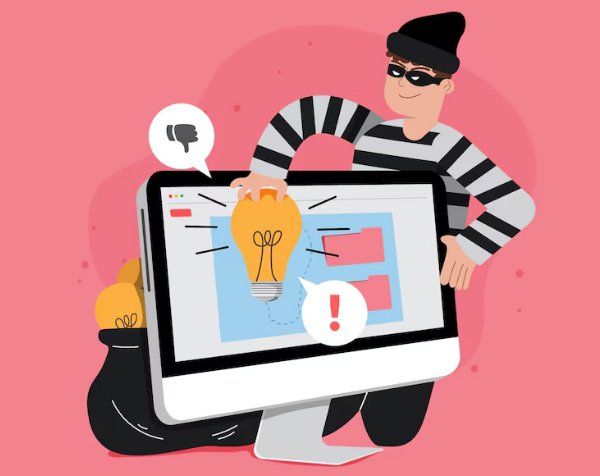In the ever-evolving landscape of 2025, being vigilant about financial scams is more crucial than ever. As technology advances, so do the tactics of fraudsters looking to deceive unsuspecting individuals. With more people conducting transactions and managing finances online, it’s essential to stay informed and take proactive steps to safeguard personal information and assets.
This blog post aims to guide you through the murky waters of fraud prevention, helping you recognize threats and secure your financial future in the digital age. Understanding these evolving threats and arming yourself with knowledge is the first step toward protecting your hard-earned money and personal details.
Understanding the landscape of financial threats

The digital realm offers many conveniences but also poses significant risks, with financial scams being one of the top concerns. Scammers today don’t just rely on old tactics; they utilize smart technology, social engineering, and psychological manipulation to orchestrate their plans. Whether it’s a misleading investment scheme or a deceptive email, identifying the tell-tale signs of a scam is critical.
Staying updated on common fraudulent activities and learning to recognize red flags can help you navigate safely through potentially dangerous situations. Financial fraud can take many forms, including identity theft, investment scams, and fake lottery schemes, among others.
These cons are designed to exploit both emotional vulnerabilities and a lack of awareness about cyber threats. Phishing remains a popular method where attackers use fake messages to lure victims into revealing confidential information. Understanding these tactics empowers you to take the necessary precautions to shield yourself from becoming a victim.
Recognizing common signs of deceit
Recognizing the indicators of fraud is key to prevention. Often, scammers use pressure tactics, urging you to act swiftly without giving you time to think. Be wary of unsolicited communications that ask for personal information or financial details. Emails or texts from unknown sources containing suspicious links should be approached with caution.
Additionally, promises of high returns with little to no risk are often too good to be true and should raise a red flag. Regularly reviewing account statements and being cautious about sharing information online can significantly reduce your risk.
Keep your devices secure with updated antivirus programs and consider using a virtual private network (VPN) when accessing sensitive information on public Wi-Fi. Reporting suspicious activities to financial institutions promptly can prevent potential damage and assist in stopping scams from spreading to others.
Steps for safeguarding your assets
To effectively protect your finances, adopting a proactive approach is essential. Awareness is the first line of defense against fraudsters. Educate yourself about emerging scams and participate in workshops or webinars offered by cybersecurity experts. Understand that legitimate organizations will never push you for passwords or sensitive data via email or phone calls.
Keep in touch with your financial institution’s policies regarding security measures to stay informed about their procedures. Implement strong, unique passwords for your accounts and enable two-factor authentication where possible. This extra layer of security can prevent unauthorized access even if your password is compromised.
Practical tips for everyday safety
Implementing simple habits into your daily routine can further protect you from financial deception. Never share your PINs or passwords and avoid storing sensitive information on easily accessible devices. Shred documents containing personal data before disposing of them. Stay skeptical of unsolicited investment offers and research thoroughly before making financial commitments.
Consider setting up alerts with your bank to track transactions and account changes. These alerts can notify you quickly of any unauthorized activity, allowing for timely intervention. Lastly, encouraging open discussions on financial safety with friends and family can foster a more secure environment for everyone. Spreading awareness is a community effort that contributes to a collective defense against fraud.





